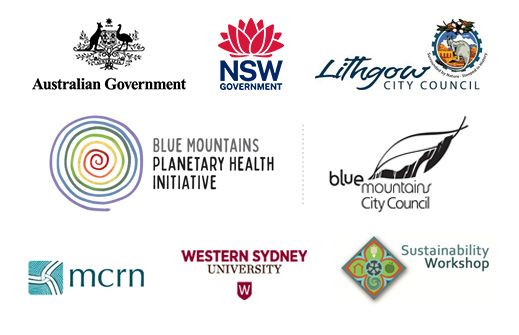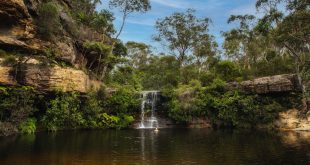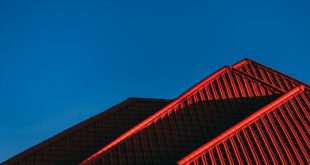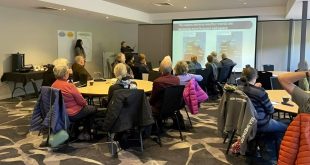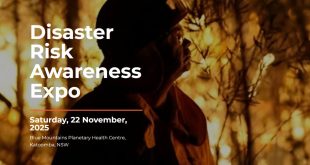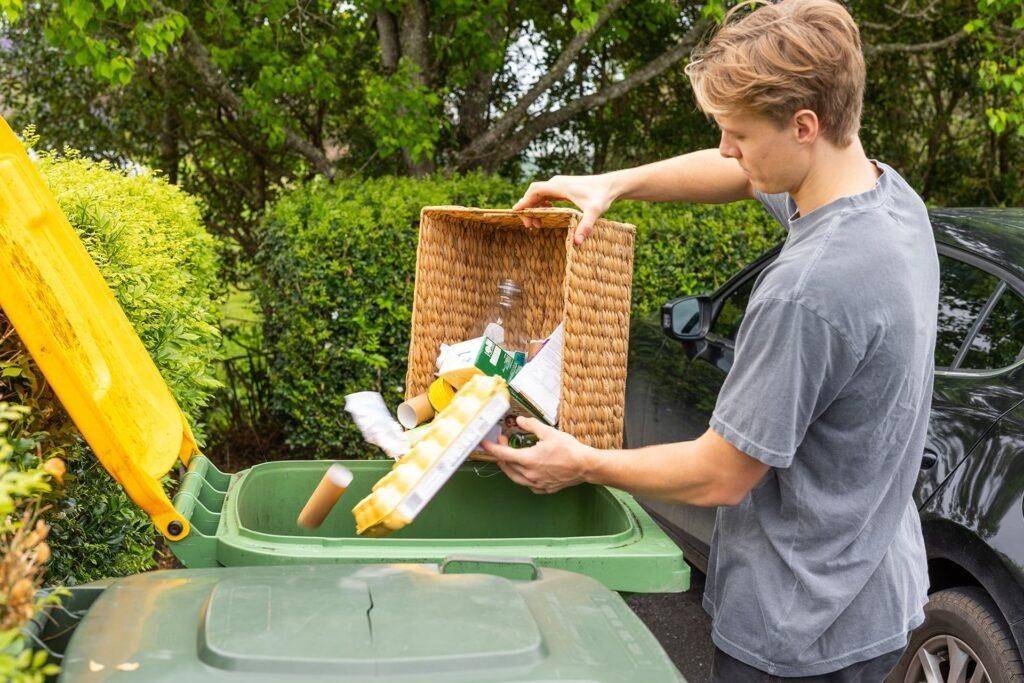
Story by Gabiann Marin
All photos used under Creative Commons licence
While it is important to focus on Avoiding, Reducing and Reusing, Recycling is also a key part of a successful sustainable waste program. It’s not always so obvious what can and can’t be recycled or how to do it, so here is a guide to help Springwood and Greater Blue Mountains residents access the most effective recycling options available in the local area.
Kerbside Recycling
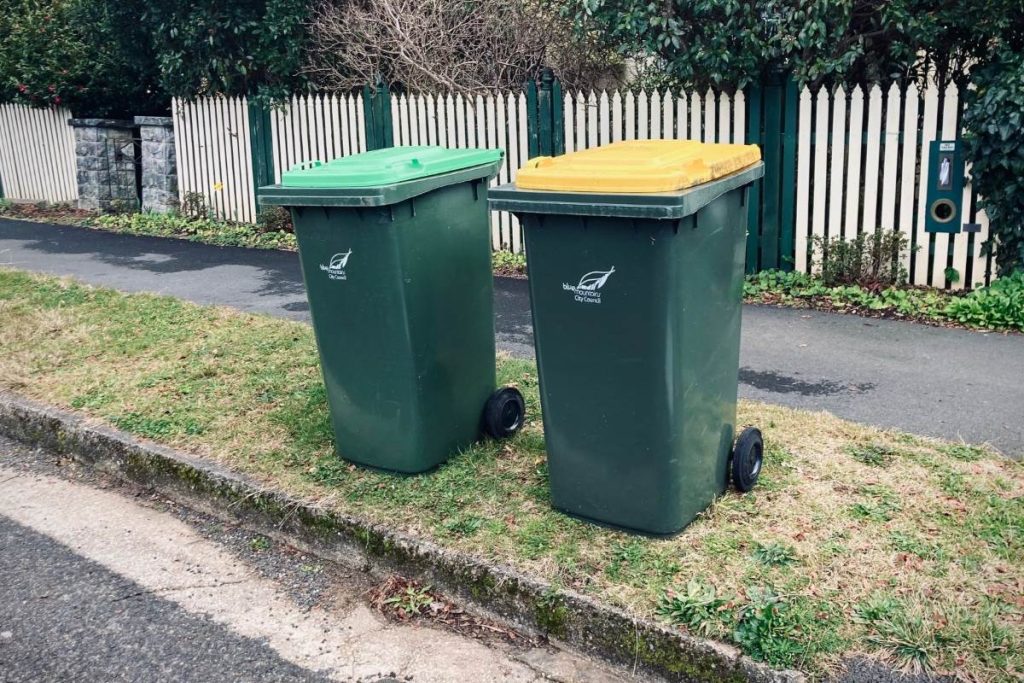
Most of us are aware of the fortnightly kerbside recycling program available through the Blue Mountains City Council, and it’s a great first stop for recycling goods if they can’t be avoided or reduced in the first instance. However, it is important to know that not everything you think, or wish can be recycled can go into a Yellow Bin or Green Bin.
What goes into the Yellow Recycling Bin:
- Steel and aluminium cans
- Empty aerosol cans
- Glass bottles and jars with lids removed
- Metal and plastic lids (keep like with like, e.g. plastic lids on plastic bottles, collect metal lids in metal cans)
- Paper and cardboard (remove plastic wrapping from newspapers and magazines)
- Milk and juice cartons including Liquid Paperboard type (i.e. poppers, tetra packs)
- Empty and RIGID plastic household containers from the kitchen, bathroom and laundry, such as single use plastic bottles, sushi and sandwich containers, take away containers, hard plastic meat trays, yoghurt and dip tubs, berry punnets and biscuit trays (not wrappers).
What goes into the Green Recycling Bin:
- Grass clippings
- Weeds (including noxious weeds)
- Cut flowers
- Leaves
- Garden prunings
- Branches (max. length 40cm, diameter 10cm)
- Bark
- Palm fronds
- Sticks
The Green bin is not for general organic waste such as food scraps, paper or parchment – which can be composted.
The NSW Government has recently announced it will be compulsory for all NSW households to have a Food and Garden Organics (FOGO) service by 2030. Blue Mountains City Council’s current waste contract for garden organics won’t be renewed until 2026. When the contract is due for renewal, Council will pursue a FOGO bin option. In the meantime Council provides a range of services to encourage and help households keep food waste out of their red bin, including workshops, worm farms, and subsidising compost bins and worm farms, as well as an initiative known as Compost Hub, where a neighbour can compost for you.
Katoomba and Blaxland Resource Recovery and Waste Management Facilities (RRWMF)
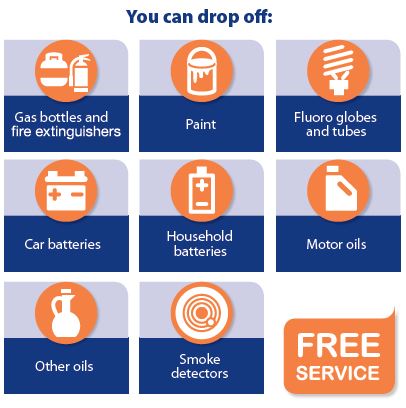
Blue Mountains City Council’s Resource Recovery and Waste Management Facilities currently provide the following free waste disposal services to the Blue Mountains community ONLY:
There is a small vehicle area that allows safe drop-off for:
- Household recycling if source separated/sorted and uncontaminated
- Mobile Phones and Printer/toner cartridges
- X-ray films
- Plastic plant pots (labelled PP5)
- Scrap metal and white goods
- Car batteries, gas bottles, fire extinguishers and engine oil
- Paint, smoke detectors, fluoro globes and tubes, other oil and household batteries (as this is a household service, a nominal 10kg for batteries and 20L or 20kg limit applies for other items. Chemicals from commercial or industrial premises will NOT be accepted)
- Twice yearly collection of hazardous household chemicals
- Televisions, computers and all E-Waste (anything with a cord)
- Polystyrene
- Blister Packs (from medication)
- Textiles – Household quantities only (clothing of any kind, accessories such as belts, hats and shoes, as well as home and outdoor soft furnishings, towels, sheets, cushions, pillows, blankets and even soft toys)
- Soft plastics
If you have other household chemicals not listed above, check out Council’s Chemical CleanOut section for further details. Blaxland & Katoomba RRWMF hold free Chemical CleanOut events each year.
Blaxland and Katoomba RRWMF both have a:
- Reuse Shed – this is where trash is turned into treasure. Any items too good to dismantle for recycling are given away for free! Charges apply to drop off certain items at the Reuse Shed (usual chargeable items) or waste for the reuse shed that isn’t separated for reuse.
- Textile recovery bin – this is where you can drop clothes (of any kind), accessories such as belts, hats and shoes, as well as home and outdoor soft furnishings, towels, sheets, cushions, pillows, blankets and even soft toys. All items dropped in the bins will be sorted and reused in different ways, depending on their condition.
For non-residents more information here
Katoomba RRWMF:
49 Woodlands Road, Katoomba
- 8am to 4pm Monday to Friday
- 10am to 2pm on Saturdays
- Closed Sundays, Good Friday and Christmas Day
Blaxland RRWMF:
28-30 Attunga Road, Blaxland
8am – 4.45pm, 7 days a week.
Closed Good Friday and Christmas Day
Other items you can reuse and recycle
There are many waste products which cannot be placed in the recycling bin service but can still be recycled, reused or composted.
Compostable Items
Food scraps or food-soiled paper, such as pizza boxes

Organic waste like food scraps, paper, and cardboard are easily turned into rich and valuable compost. Even if you only have a small garden or outside area, or don’t create a large amount of food waste, there is a composting system that will work for you.
Worm farms are a simple and easy compost system to set up. You can purchase a complete encased worm farm from environmental centres, hardware stores and some nurseries.
BMCC also has a great guide to setting up and using a worm farm.
Tea Bags
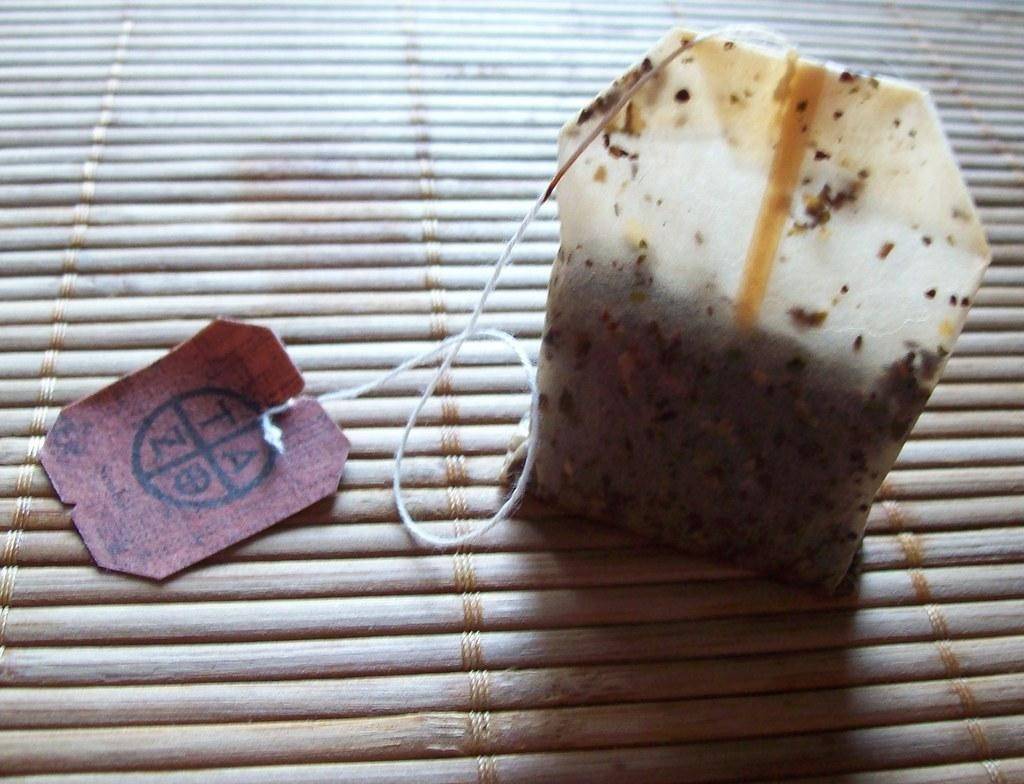
Many of us love a cuppa and surprisingly so do many of the plants in our gardens. Used tea bags can be added to compost, if they do not contain plastic. Here is a list of tea brands that do and do not use plastic in their tea bag products.
Those that are biodegradable can also be directly added to gardens to potentially deter pests such as bugs and rodents. It has been suggested that placing tea bags on weed outgrowths may kill the unwanted plants without chemicals, and reduce the weed grow-back. Since tea bags break down quite readily, they also provide great fertiliser and provide a nice afternoon pick me up for earthworms.
Tea is highly acidic though, so don’t use it around plants which are known to have low tolerance to acidic soil.
Coffee Grounds

Coffee grounds can be composted, but also make great stand-alone garden fertilisers. Coffee contains nutrients which are great for most plants and can be added without the need to compost. Simply add water to your grounds and pour a thin layer around the garden beds.
Corks
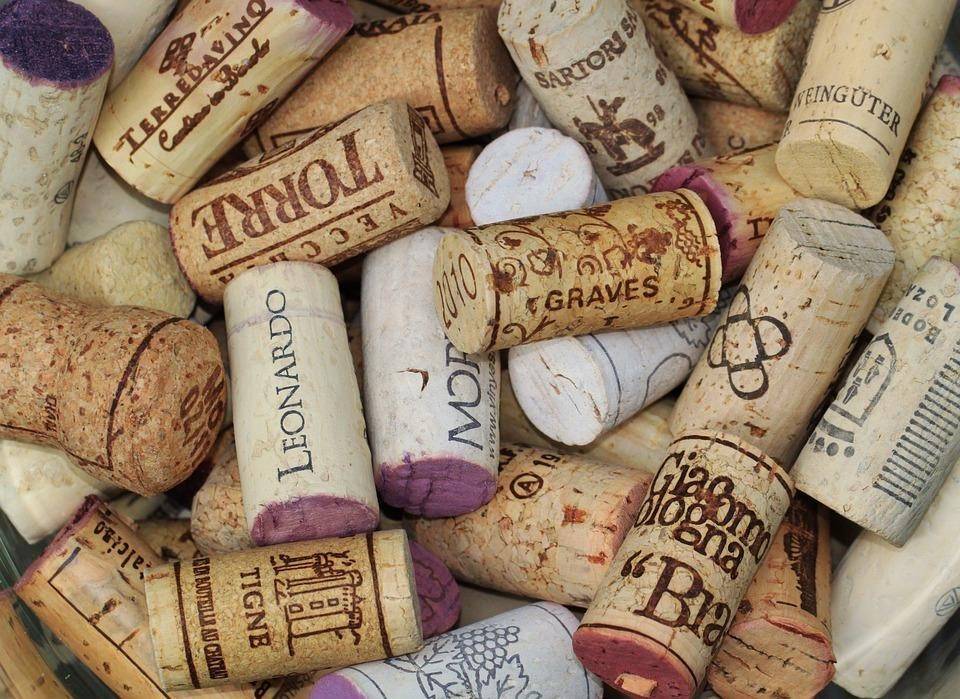
Bottle corks can be composted in garden compost bins or worm farms however you can also reuse them as efficient fire lighters.
Simply place your used corks into a glass jar, ensuring there is at least 2 inches gap between the corks and the lid. Pour rubbing alcohol over the corks and fill the jar to about ½ , then securely tighten the lid. Leave the corks to soak for at least a week.
Once properly soaked you can use them to light barbeques or home fireplaces. Use tongs to select a cork from the jar and place it carefully in the centre of the fireplace. Then light with a long match or lighter. Tightly replace the lid after using.
Non-Compostable Items
Batteries

Batteries should never be placed in any kerbside bins as they can cause fires in collection vehicles and at processing plants.
Household and car batteries can be dropped off by residents of the BMCC LGA at Blaxland or Blue Mountains Recycling Centre (CRC) located within the Resource Recovery and Waste Management Facilities (RRWMFs) for free.
There are also drop-off points in supermarkets and stores across the Blue Mountains and the Greater West.
Free local drop off points in the Blue Mountains and Lithgow are:
Aldi KATOOMBA Cnr Waratah Street & Katoomba Street, Katoomba New South Wales 2780
Coles KATOOMBA 34 Parke Street, Katoomba New South Wales 2780
Coles WINMALEE 32-44 White Cross Road, Winmalee New South Wales 2776
Coles LITHGOW BENT Street (corner HASSAN Street), Lithgow New South Wales 2790
Woolworths LEURA 152-160 Leura Mall, Leura New South Wales 2780 ·
Woolworths KATOOMBA 34/30 Waratah St, Katoomba New South Wales 2780
Woolworths LITHGOW 224 Mort St, Lithgow New South Wales 2790
Bunnings PENRITH 2745 Wolseley Street, Penrith New South Wales 2750
Bunnings North PENRITH 2166 Castlereagh Rd, Penrith New South Wales
Bunnings LITHGOW 295 Main St, Lithgow NSW 2790
Blister Packs

Anyone who uses medication regularly will know how quickly those small blister packs of tablets can add up.
Free blister pack recycling is available at both of Council’s Resource Recovery and Waste Management Facilities.
There is also now an Australia-wide blister pack recycling service run through the Blooms Chemist retail stores. Just pop your empty tablet blister packs into the drop off box inside your local store:
Blooms Chemist SPRINGWOOD: 161 Macquarie Road Springwood NSW 2777
Blooms Chemist LITHGOW: Lithgow Valley Shopping Centre, Lithgow Street, Lithgow New South Wales 2790
If you are not able to get to a store you can post your blister packs back to the pharmaceutical company who supplied them.
Bottle Tops and Milk Tops
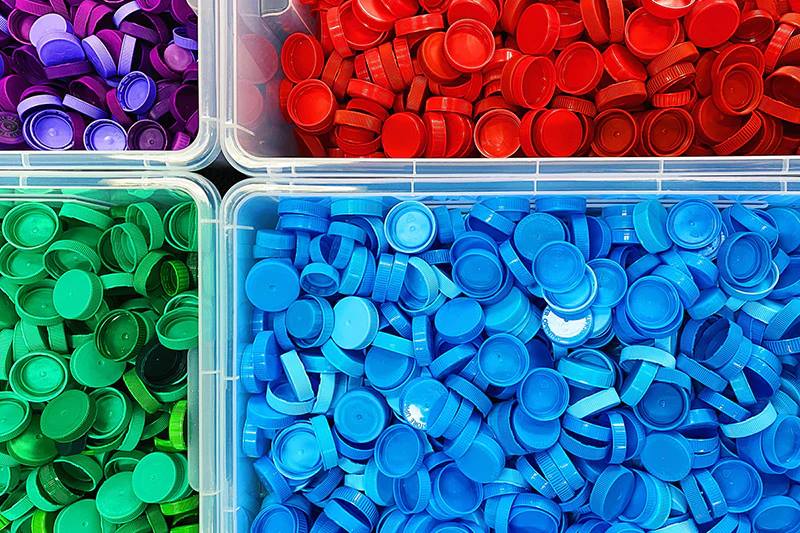
Bottle tops and milk carton tops can be recycled through the LIDS4KIDS program. Check out the LIDS4KIDS Facebook page to get info on local collection points or drop off at WINMALEE PUBLIC SCHOOL reception during school hours. Learn more about micro-recycling here.
Winmalee Public School: 11 Leslie St, Winmalee
You can also recycle some lids through the Return and Earn machines, as long as they are still firmly attached to the bottles they came from. See Soft Drink Bottles and Cans below.
Building Materials

Reclamation building services have become big business and many of them will pick up good quality building waste for free.
You can also recycle windows, doors, bricks, door frames, kitchen cabinets and more through online buy/sell and swap sites like Pay it Forward – Blue Mountains
Clothing and Textiles
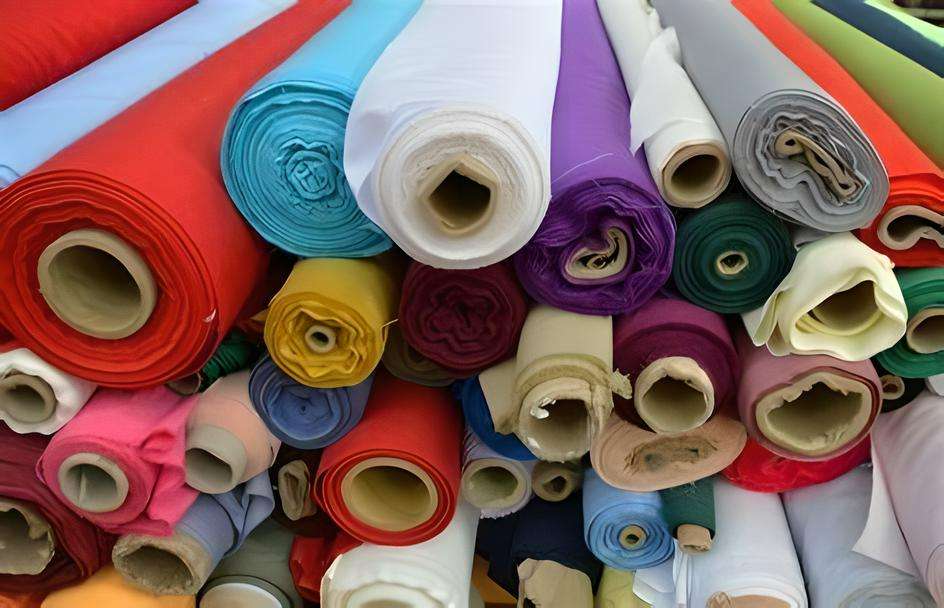
Most charity shops accept good quality unwanted clothing and you can donate it either at the store or through designated donation bins such as the one situated near the Return and Earn at Winmalee Shopping Centre.
Check out our handy Op Shop Donation guides to find out what the charity shops in your area accept:
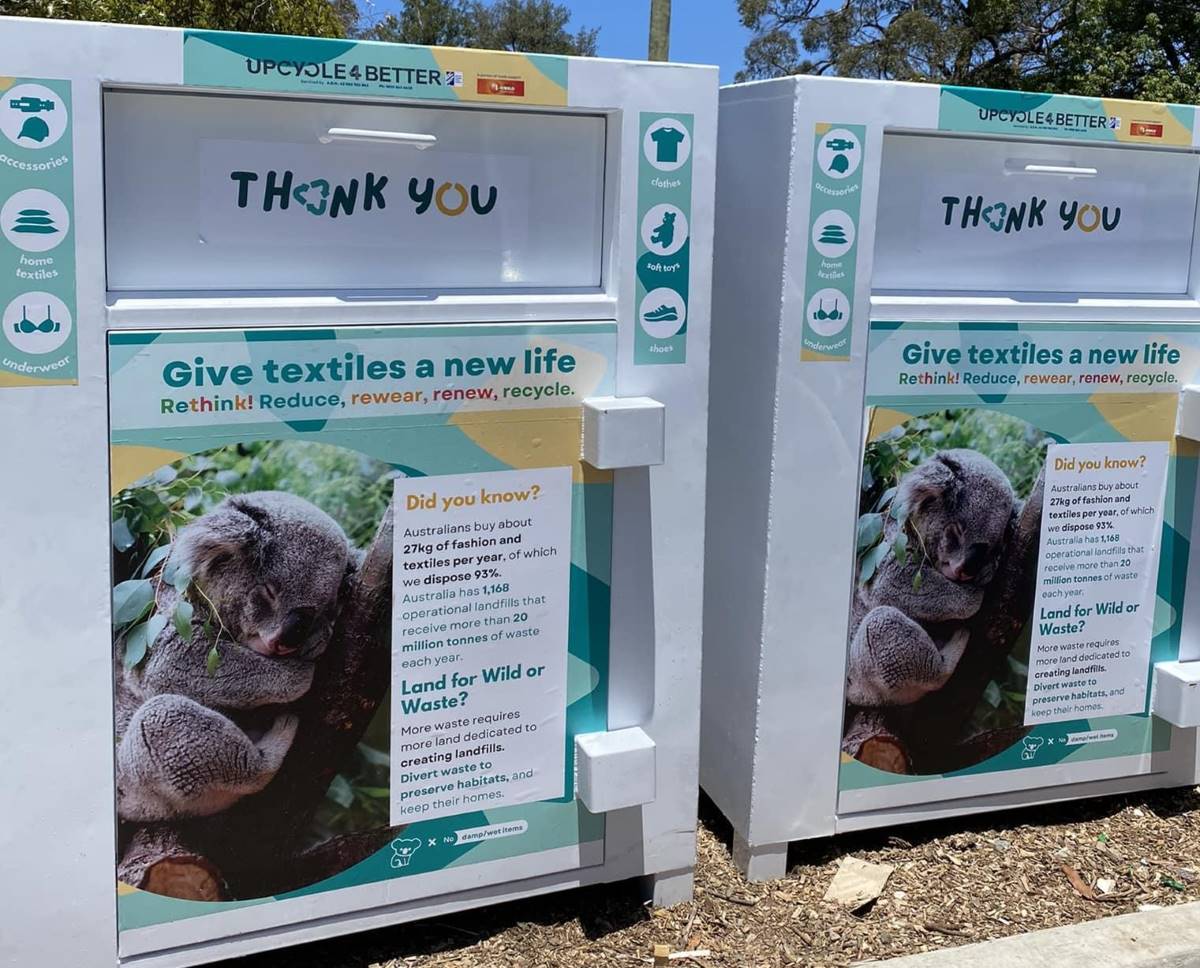
Worn clothing and textiles that are not suitable for donation can be dropped off for free at the Council’s RRWMFs at Blaxland and Katoomba as well as new textile recycling bins across the Mountains including one at:
Winmalee Shopping Centre: 12 White Cross Road, Winmalee NSW.
Textile Reuse option
You can also reuse textiles as cleaning rags or easily repurpose them into other textile objects such as bags, quilts and wall hangings. See our recent piece on Boomerang Bags
Coffee Pods
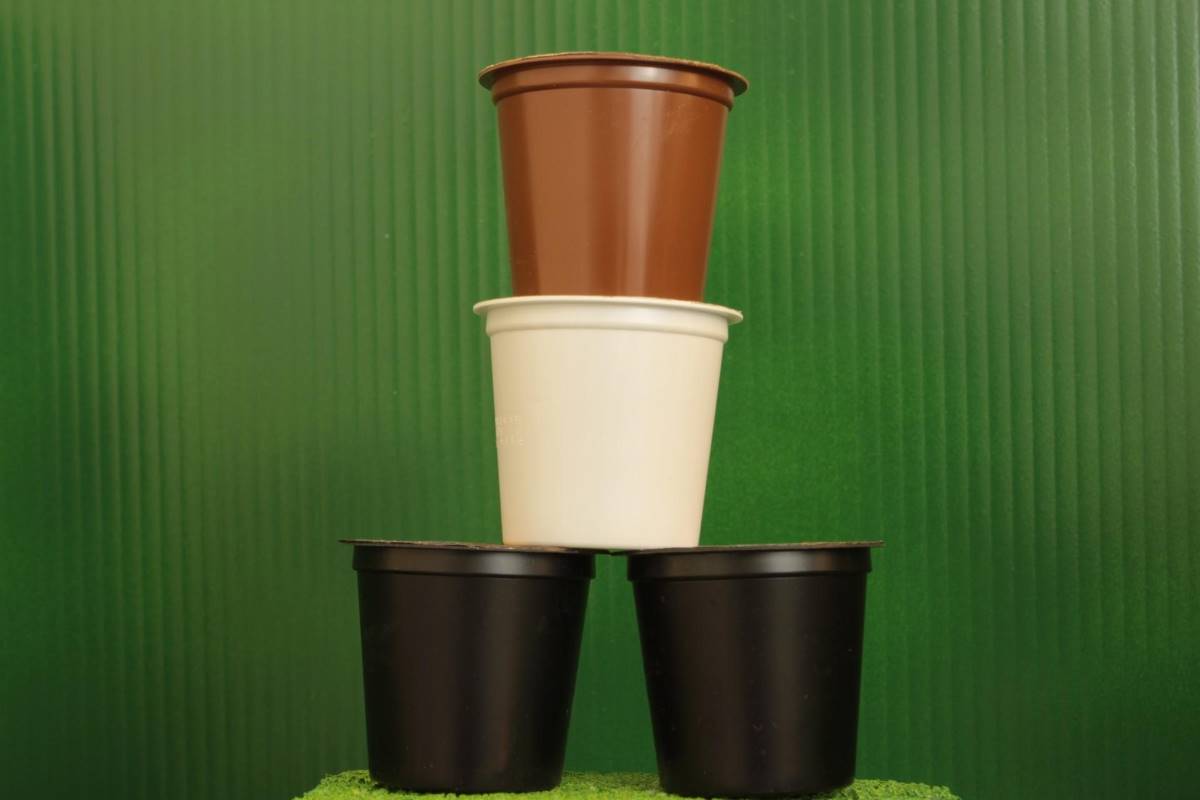
The popularity of home coffee machines has created a new waste issue: small coffee pods are recyclable, but traditional recycling services are not tooled to cope with the small size of the pods. The best option is to either use recycled biodegradable paper pods available in some retail stores or swap to refillable pods. This article gives information about how to use refillable pods in most coffee machines
To get rid of your current disposable pods before you make the swap there are some recycling options available.
Terracycle has partnered with a number of coffee brands to create recycling strategies. Most of these schemes require a print out (free) postage label which allows the used products to be posted back to the company.
Check out the Terracycle website for more information
Be aware that these schemes are time limited so will not continue indefinitely.
Cosmetic Packaging and Assorted Plastics

A huge amount of product packaging is recyclable but needs specialised recycling programs. Currently there are some post back schemes for beauty and make up packaging, pens and mixed plastic waste:
Free recycling programs · TerraCycle
Terracycle, a not-for-profit recycling organisation, partners with brands and companies to organise long term and short term recycling schemes for packaging and worn products. The process is extremely simple with free print-at-home postage labels available on the site for a range of different products.
There are a number of other products and brands signed up for post- and in-store recycling programs so to check out current schemes go to the Terracycle website for more information.
Commercial recycling company Banish has committed to recycling as much plastic waste as possible and offers a $15 mixed plastic recycling service where you can send a box of mixed plastic waste for recycling to their premises.
They recycle a huge range of items including toothpaste tubes, facial cleaner bottles, mascara tubes, lipstick/ lip balm tubes and plastic razors. You don’t need to sort your products into different brands or types, just toss them all into a shoe box, pay for and print out the postage label and send them off.
Check out their website for more information.
Electronics

Computers, printers, televisions and other electronic waste can be dropped off for free at the Council’s Resource Recovery and Waste Management Facilities at Blaxland and Katoomba.
Some local computer repairers also offer computer refurbishing where they take old computer equipment and repair and repurpose it for those who cannot afford to buy laptops and computers – particularly families.
Check out your local computer repair store or service to find out if they offer this.
Mattresses
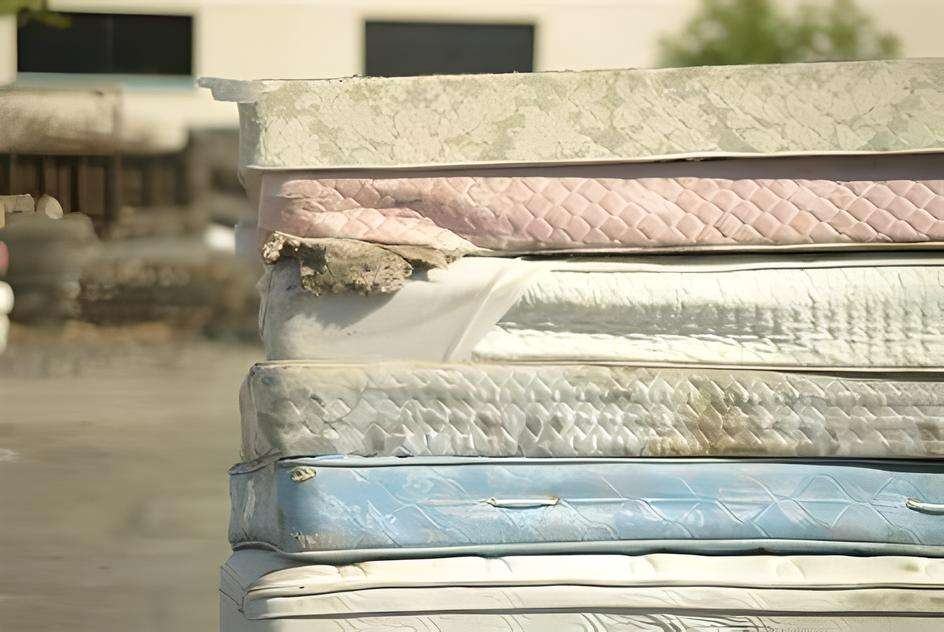
It is estimated that over 1.8 million mattresses end up in our landfill every year. Yet mattresses can be broken down into several reusable parts.
Council’s RRWMFs at Blaxland and Katoomba will recycle spring mattresses. Spring mattresses can be dropped off for a fee of $35 (if delivered separately) or included for free in your twice yearly Booked Waste Service . They do not recycle latex or foam mattresses.
You can also book in collection from commercial businesses such as Soft Landing Mattress recycling who will pick up your mattress for a fee and make sure it is recycled, as well as provide jobs for people experiencing barriers to employment.
Mobile Phones

Free mobile phone recycling is available at both Council’s Resource Recovery and Waste Management Facilities.
Old mobile phones can also be conveniently dropped off for free recycling through Mobile Muster at:
The Salvos Store Springwood 63 Macquarie Road Springwood,
The Springwood Neighbourhood Centre 105 Macquarie Road Springwood
as well as several locations in Penrith and Greater Sydney.
Check out Mobilemuster.com.au for other areas and options.
Scrap Metal

Scrap metal and white goods can be recycled for free at Council’s Resource Recovery and Waste Management Facilities.
Scrap metal agents will also come and pick up metal for free, and some of your scraps may be worth money. So check with the local scrap metal merchants to see what they are willing to pay for, as well as dispose of for you.
Local Faulconbridge resident Darren Auth Duke will pick up all metal scraps for free and recycle them for you. He can be contacted on 0401 641 704.
Reuse option

Scrap metal is a great material for artists, if you don’t feel that arty yourself check out local artist communities and offer scrap metal to those who can turn it into things of beauty.
Shoes

Good quality shoes can be donated to charity stores.
Worn out and broken shoes can be recycled.
Shoes are accepted through Council’s textile recycling at both Resource Recovery and Waste Management Facilities.
The following stores in Penrith also allow you to drop off old shoes for the Tread Lightly Shoe Recycling Program.
Drummond Golf PENRITH 4/233 Mulgoa Rd, Penrith New South Wales 2750
Rebel store PENRITH 585 High Street Penrith
You can also check out the Treadlightly website for more information about the hundreds of other collection points across Australia – so share the word.
Soft Drink Bottles and Cans
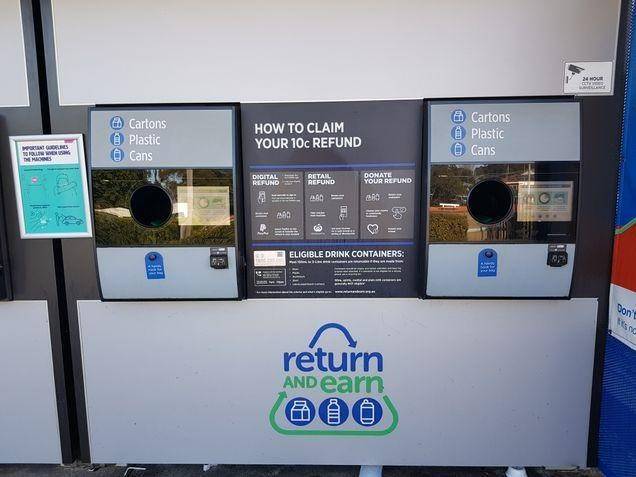
While soft drink bottles and aluminium cans can be recycled through your yellow bin, you can also recycle the bottles through the nationwide Return and Earn plastic bottle and can recycling scheme.
Most plastic beverage containers and aluminum cans between 150ml and 3 litres are eligible for the Return and Earn scheme and each one will net you a return of 10c, when deposited into the machine or handed over at participating Return and Earn partners.
You can choose to take the money earned as either a voucher, which can be exchanged for cash or goods at a participating supermarket, or you can opt to donate your returns to a charity suggested to you on the input screen.
Be aware that in order for the scheme to accept the container it must be in good condition, not torn, crushed or broken, must still have the label attached and be empty of all liquid. You can also leave lids on containers for recycling, but loose independent lids are not accepted.
The closest Springwood Return and Earn Stations are located at:
Machine:
Winmalee Shopping Centre opposit the entrance to Coles
Winmalee Shopping Centre 12 White Cross Road, Winmalee
8 am – 10 pm
Over the Counter
Winmalee Neighbourhood Centre
62 White Cross Road Winmalee
(During opening hours)
There are also local Return and Earn machines at:
Wentworth Falls Golf Club – 26 Blaxland Road, Wentworth Falls
Katoomba Cinema – 225 Great Western Highway Katoomba
Emu Sports Centre – 1 Leonay Parade, Emu Plains
Over the Counter Return and Earn exchanges are available at
Blaxland Cellars – 130 Great Western Highway, Blaxland (during opening hours)
Blackheath Mitre Ten – 125 Station Street Blackheath (during opening hours)
Silica gel packs
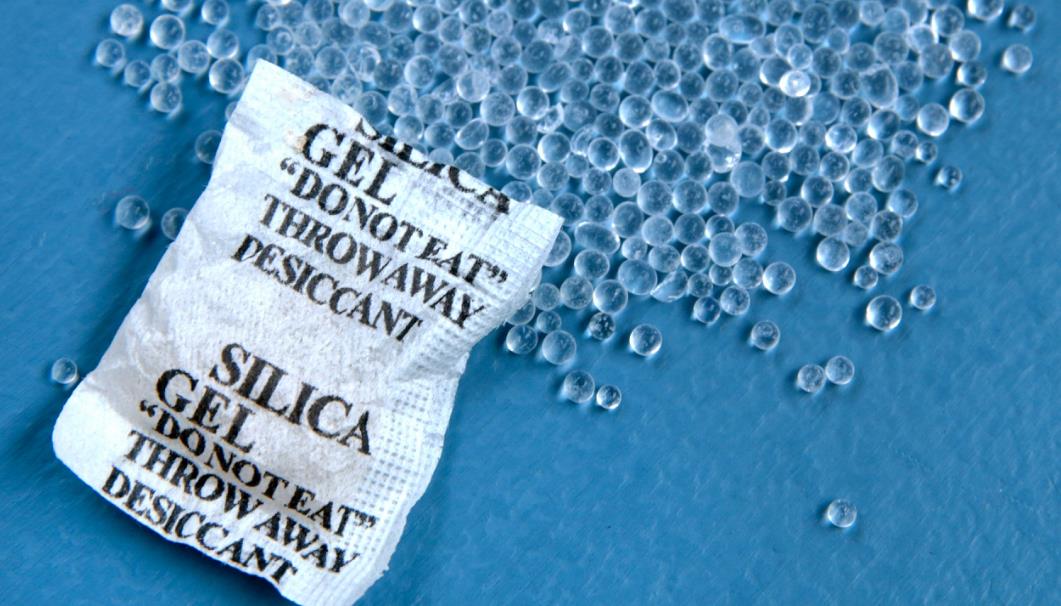
While not conventionally recyclable, these tiny little packets that come in most shoe boxes, delivery items and clothing parcels are incredibly useful as they are easily and repeatedly reusable.
They stop humidity and can keep a multitude of items fresher and cleaner for longer. Place them in a plastic bag and store them with photos or important documents to prevent them getting moist.
Place them on window sills, or on your car dashboard to prevent your windows from fogging up from condensation.
You can store them with silver jewellery to prevent tarnishing, as well as placing them with camera equipment to keep lenses fog free.
Anything that is prone to mildew can benefit from these little packs being stored with them, and keeping some in your tool box will help prevent tools from rusting.
They are particularly effective stored in leather bags or leather jacket pockets to stop them getting that awful mildewing smell.
Soft plastics such as plastic bags, cling wrap and food packaging
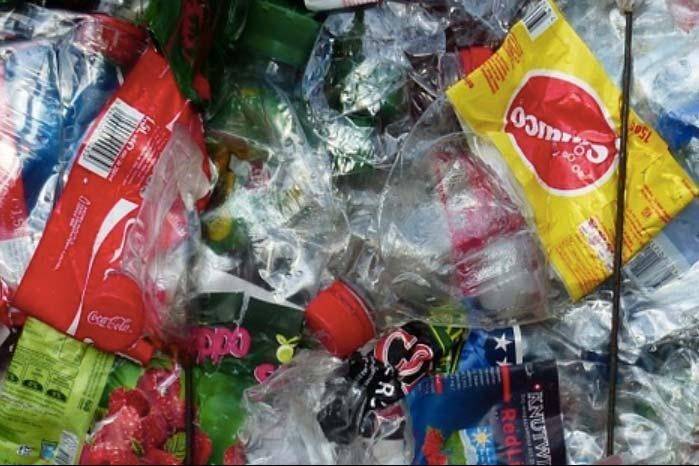
Soft plastics make up the majority of our residential plastic waste, and have proven difficult to combat – contributing to the massive plastic pollution problem we are all grappling with. The best option is to avoid buying food or products wrapped in plastics wherever possible, however where it is unavoidable there are a few recycling options now available.
Blue Mountains Council has extended their recycling program for soft plastics. Check it out here.
GLAD has partnered with Terracycle to create a free post back scheme for their plastic products – you can check it out here.
Reuse and Reduce Option
Soft plastic wrap can be reused as freezer storage wrap or freezer or lunch bags to increase its lifecycle before recycling. And of course try to avoid buying food and products wrapped in plastic wherever possible.
Toys

Toys in good condition can be donated to charity stores or brought to community toy swap events such as those organised by Parents for Climate, who have hosted several successful clothes and toy swaps across the Blue Mountains Region.
For more information go to their website Parents for Climate
Broken toys can be recycled through the new Toys For Joy program sponsored by Big W in partnership with TerraCycle.
Simply bring any unwanted or broken toys to the Big W store nearest you and deposit in the large Toys for Joy bins located in the store. It is important to note that not all toys can be recycled through this program and the store does not accept books, batteries in toys, board games, wooden toys, Play-doh, paint and slime, pens, pencils, crayons or paint brushes, oversized toys such as bikes, scooters, skateboards, or sports toys such as soccer goals. More info:
Local Stores which are participating in the scheme include:
Katoomba: Cnr Waratah and Parke Street Katoomba next to the Woolworths.
Penrith: 569 – 595 High Street Penrith
Used Furniture
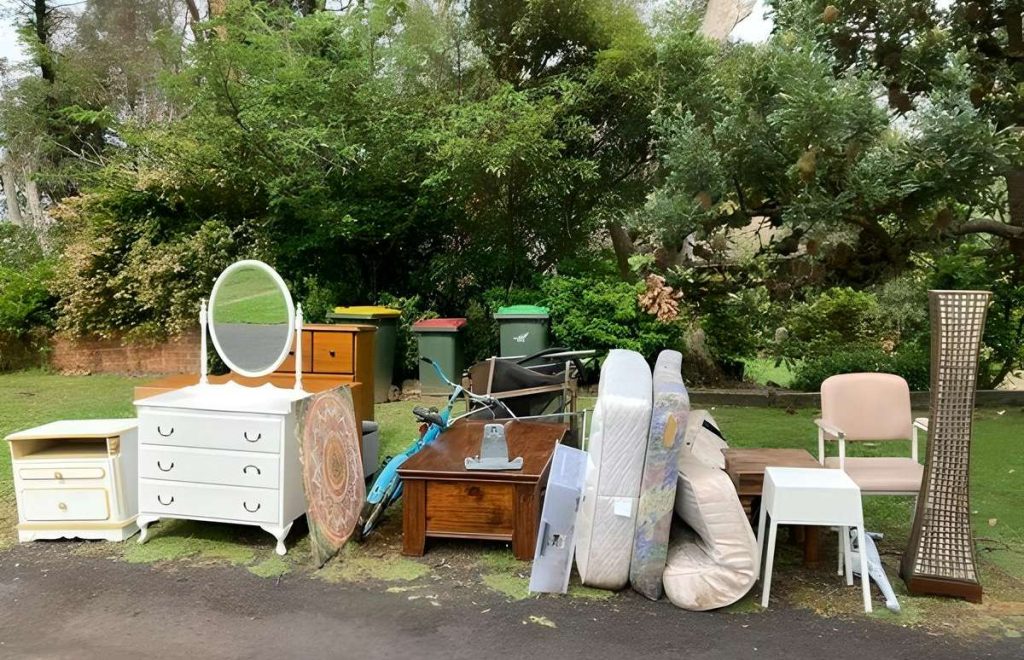
Good quality household furniture can be donated to charity shops or given away on Pay it Forward Blue Mountains, Freecycle: Blue Mountains Group and Buy, Swap and Sell groups (e.g. www.facebook.com/groups/846385190605785/) also offer opportunities for your unwanted furniture to find a new home with someone else.
Reuse option
You can upcycle old furniture by giving it a new purpose or combining it with other items in creative ways.
There are many great upcycling furniture ideas available on the web to bring new life to what you may consider old and unwanted furniture. Check out some of these to save you money and create unusual and innovative decorative ideas.
What you can do
Share your recycling ideas
If you have any great recycling tips we haven’t shared here, let us know and share them on your social media and with friends and family – a good idea only needs a little bit of communication to flourish and grow so don’t keep it under your hat!
Avoid, Reduce, Repair and Re-use
Recycling is important, but avoiding and reducing waste is still the best way for us to combat excess landfill and plastic pollution. Avoid buying things you don’t need and buy second hand where you can, to reduce the amount of resources needed in the creation of new products and the removal and storage of waste in the environment. Reusing, repurposing and repairing are great alternatives to recycling or simply throwing items away.
Stay tuned for our Planetary Health Blue Mountains Guides to Local Repairers to help you find professionals to help you repair and keep beloved items and maintain your belongings for longer lifecycle and better performance.
Share this article:
This story has been produced as part of a Bioregional Collaboration for Planetary Health and is supported by the Disaster Risk Reduction Fund (DRRF). The DRRF is jointly funded by the Australian and New South Wales governments.
